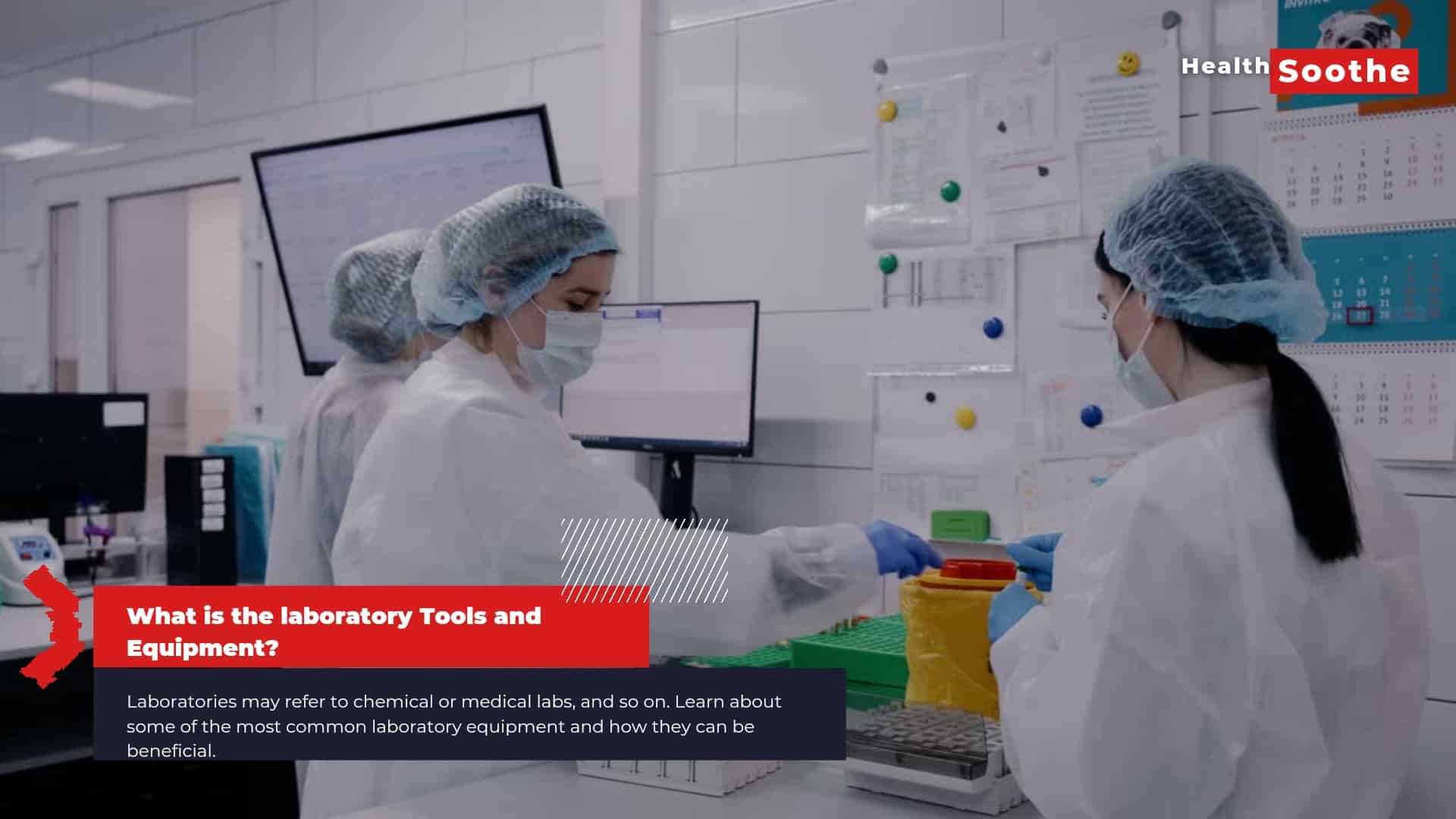Laboratories may refer to chemical or medical labs, and so on. Each of these types of labs has their respective tools and equipment to ensure that the laboratory is able to serve and perform its function well. Thankfully, you can easily find the availability of these tools online.
If you work in a laboratory, it’s very important that you’re familiar with all these. Else, you cease to be effective in the job that you’re supposed to do. Each tool has its own benefits but knowing what these benefits are don’t come automatically. In-depth knowledge of how to use and operate them is still necessary to get the job done.
That said, you’ll learn about some of the most common laboratory tools and equipment, and how they can be beneficial.
Convert MS Word to PDF quickly and easily. Preserve formatting and ensure your documents are ready for sharing in the lab.
Different Types of Laboratories
As mentioned in the introduction above, there are many different types of laboratories today. Then, each of these labs also has its respective equipment to further enhance the functioning of the laboratory. However, one thing that all of the labs have in common is the necessary safety equipment, such as a laboratory spill kit for dangerous chemicals and the correct PPE for staff. After all, the safety of workers and visitors on site is vital. Let's take a look at some of the most common types of laboratories:
- Laboratories utilized for scientific research for many purposes because of the several requirements of specialists in the different fields of science, medical, research as well as engineering. If we talk about physics laboratory, it usually holds a vacuum chamber and a particle accelerator.
- On the other hand, a metallurgy laboratory could have equipment for refining metals or casting or for testing their power.
- A medical or lab technician professionals can easily utilize a laboratory space for checking the lab sample. Here, common tools and equipment would include metabolic markers used in blood chemistry, test tubes, heart disease indicators, Petri dishes, and other disease markers, to name a few.
- A psychologist’s laboratory might be a room with one-way mirrors as well as hidden cameras in which to monitor behavior.
- There are various other laboratories that are utilized by it scientists for either simulations or the examination of data. Scientists in other fields may utilize many other kinds of laboratories.
- Engineers utilize laboratories as well to plan, build as well as test technological devices.
Laboratory Tools and Equipment
Laboratory tools and equipment is unique and most reliable tools as well as the equipment utilized by scientists who work in a laboratory. These can include tools such as like freezers, ovens or an incubator, smaller tools like microscopes, refractometers, calorimeters, pipettes as well as water baths, or everyday bench items you’ll be sure to find the necessary science equipment here.
Finding the right equipment for your lab has never been easier thanks to online stores like Golyath, who offer many of the things you need for delivery right to your door. You should choose both major lab equipment as well as smaller tools that you need from reliable brands. Of course, if buying new equipment all the time isn't really an option because of financial constraints, there are also many reputable sellers that you can purchase used lab equipment from. These often work out to be just as good quality-wise as new equipment, and you can be content knowing that you paid less for it.
Laboratory Freezers
In the life science lab, most precious samples, as well as materials, are saved in refrigerator-freezers. Major specifications for selecting a lab freezer include usage freezer type, temperature range, temperature stability, and configuration as well as energy efficiency. Laboratory freezers offer wonderful storage space facilities for tissue samples.
Laboratory Incubator
In biology, an incubator is an ultimate lab device utilized to nurture as well as manage microbiological cultures. The incubator manages the finest temperature, moisture as well as other circumstances including the carbon dioxide as well as the oxygen content of the ambiance inside. Incubators are vital for a lot of experimental work in microbiology, cell biology, as well as molecular biology and, are utilized to culture both bacterial as well as eukaryotic cells.
Calorimeter
A calorimeter is a consistent tool that is helpful for calorimetry or the procedure of measuring the heat of chemical reactions or physical changes as well as high-temperature capacity. There are several types of calorimeter like scanning calorimeters, titration calorimeters; isothermal micro calorimeters, as well as accelerated rate calorimeters, are among the most ordinary types.
Refractometer
A refractometer is a simple instrument utilized for measuring concentrations of aqueous solutions. It requires only little drops of liquid as well as is utilized as lab equipment throughout the agricultural, food, chemical as well as manufacturing industries. In laboratory medicine, a refractometer is utilized for calculating the full amount of plasma protein in the blood.
Final Word / Conclusion
With all these facts enumerated above, you now have in-depth knowledge and information on how to use some of the most important equipment and tools in the laboratory. But, don’t just stop there. The ones enumerated are only a few, and there are certainly so many more that you can learn about. In so doing, you become even more effective in the job that you do – working in the laboratory.
These equipment are there to help make life easier in the lab. But, with wrongful use, these can also be a safety hazard. In knowing more about these pieces of equipment, you’re able to properly ensure a safe and harmonious working environment in the laboratory.








